If I ask you or your students, "How do you learn," how many of you could clearly articulate this process? If you can, are the strategies you're using the best ones for learning? Furthermore, if the...
|
|
Scooped by Beth Dichter |
In this post Jackie Gerstein raises the question "if the research on the process of learning is compared to the practices being implemented in school, does this research influence school practices?"
After reflecting on her experience at school she shares five questions (shown in the image above) that will help guide learning:
* Is failure viewed as normal and as a productive part of the learning process?
* Is learning spaced out over time rather than crammed into a short time period?
* Are distractions during learning normalized?
* Is the learning practiced often and in a variety of contexts?
* Is the learning playful and fun? (especially important when one gets stuck at an impasse)
Each is discussed and there is also a link to a short video that provides a brief overview of learning from the book How We Learn by Benedict Carey.
Do you share current research on learning strategies with your learners? This post also references a post from Mind/Shift that discusses current learning strategies. Click through to the post to learn more and consider sharing this information with your learners as well as parents and staff in your school.



 Your new post is loading...
Your new post is loading...
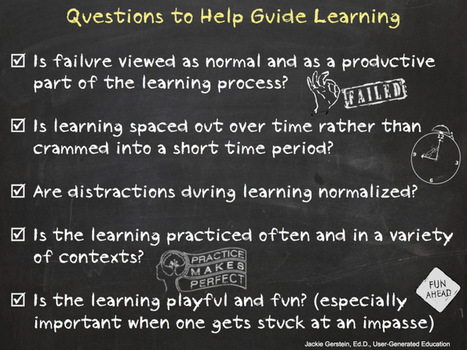





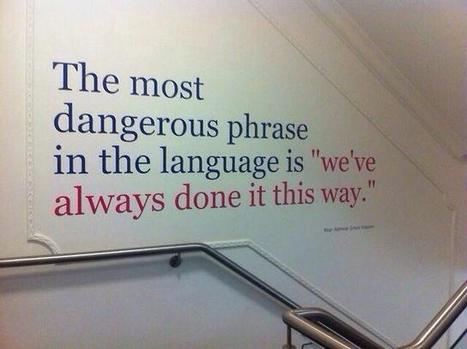
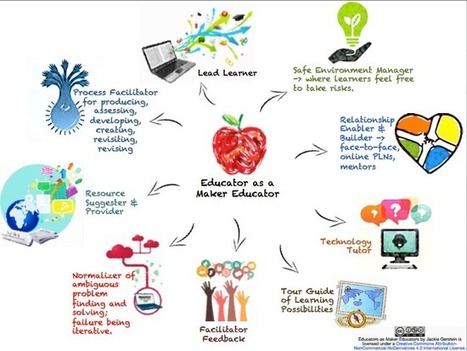

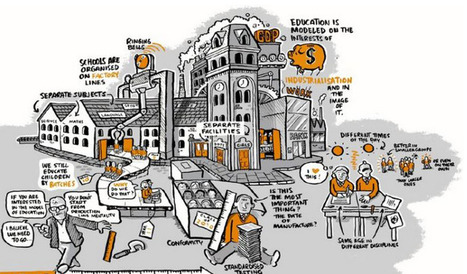




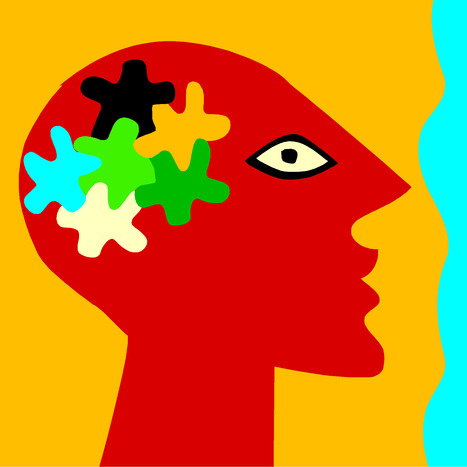




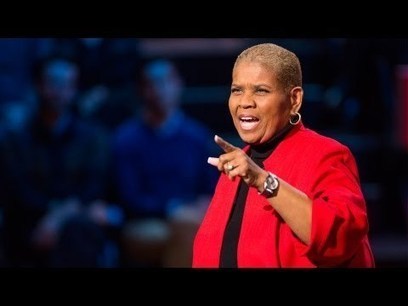

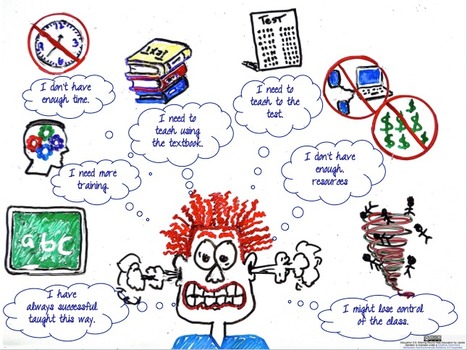

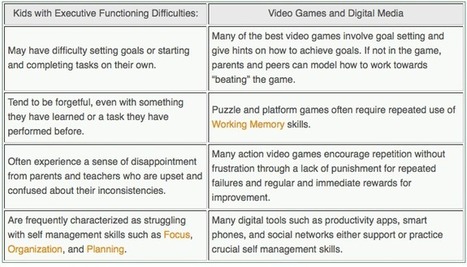
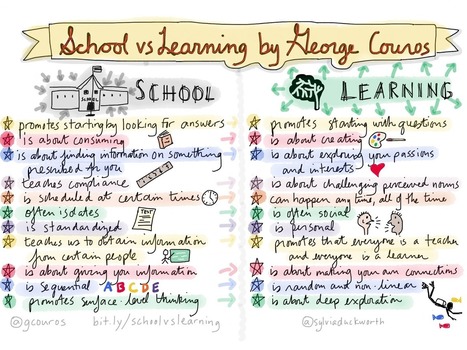





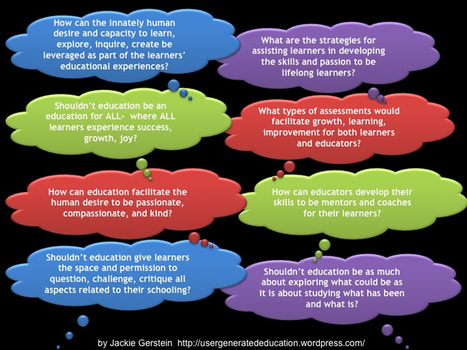

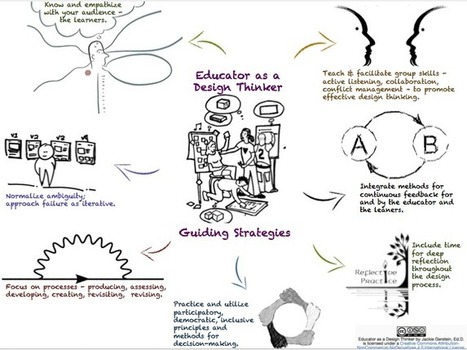

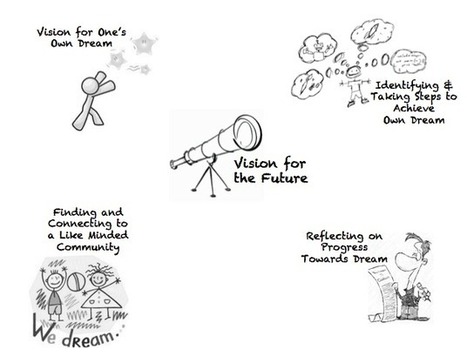
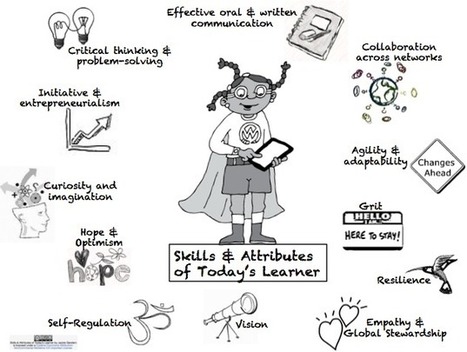

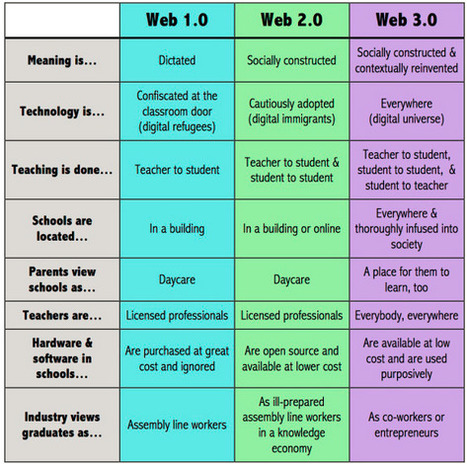


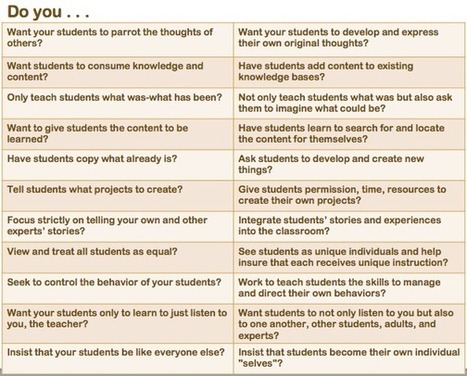

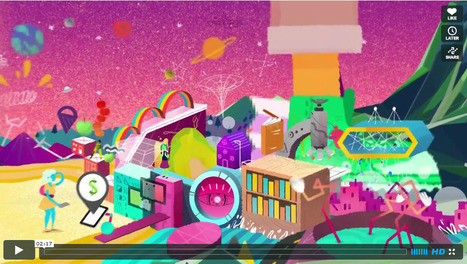





añada su visión ...